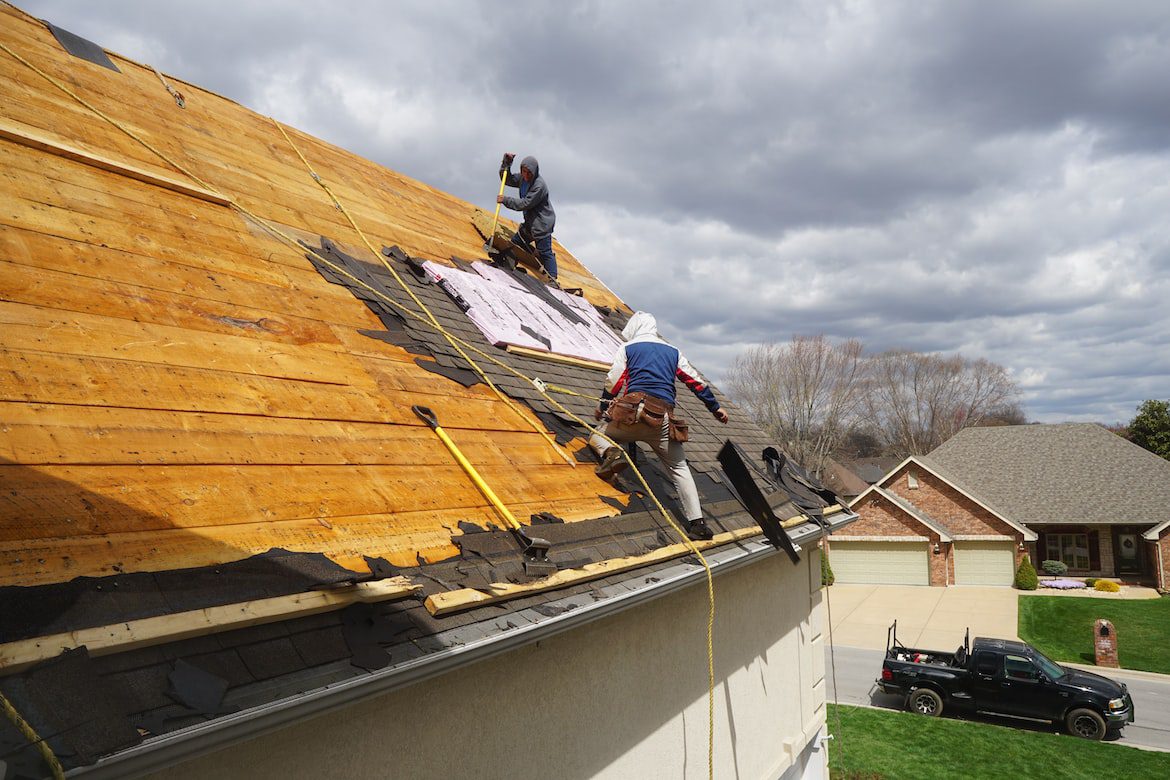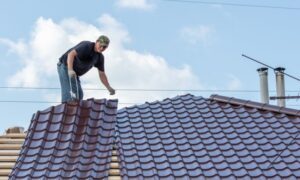Are you wondering how to finance your new roof? Have you been looking into different ways to pay for a brand-new roof that fits within your budget? While the costs of replacing your old and worn-out roof may seem daunting, there are several financing options available that can help make the process less stressful. In this blog post, we’ll look at some of the most popular solutions from traditional banks and lenders all the way up to alternative solutions like short-term loans or crowdfunding campaigns. No matter what your financial situation is, you’re sure to find something that works for you here!
Understanding the Basics of Roof Financing Options
Whether you’re replacing an old or damaged roof, or just planning ahead, understanding the basics of roof financing is vital to smart home ownership. Homeowners have several options available to them when investing in their roofs. Personal loans are ideal if you need money quickly since they can be processed swiftly and often provide flexible repayment terms. The most popular option is a home equity line of credit, as it usually comes with a lower interest rate than personal loans and can come with extended repayment periods. There may also be tax incentives such as federal income tax deductions for certain energy-efficient roofs.
Exploring Different Types of Loans to Fund Your New Roof
Making sure your roof can last for years to come means investing in repairs or a new roof when necessary. It can be difficult to decide how to fund your project, so exploring different types of loans is a smart move. Make sure to find out are roof leaks covered by homeowners insurance before making the next step. Homeowners insurance may help with the costs if your existing roof has leaks due to wear and tear, age, or storm damage, but it’s best to double-check with your insurer as coverage changes between policies. If you are short on funds and cannot pay upfront, you will need another source of financing like an unsecured personal loan that could be used for a variety of purposes including home repairs. You should also consider other options like home equity lines of credit or loans backed by the federal government before committing to one. Ultimately, research is key when it comes to finding a loan that works for you and ensures that your roof stays in good condition for years to come!
Energy-Efficient Roofs and Tax Credits
Homeowners should consider investing in energy-efficient roofs as they may be eligible to receive a tax credit. The amount of the credit will depend on the type and energy efficiency of the roof and can range from 10% to 30%. As the current generation looks toward finding ways to conserve energy, taking advantage of this great opportunity to invest in an energy-efficient roof can be both cost-effective and environmentally conscious. Making such an investment not only serves as a contributing factor in combatting global climate change but has potential long-term economic advantages as well.

Evaluating Roofing Companies and Their Financing Offers
Evaluating roofing companies and the financing offers they provide can be a daunting but necessary task. Researching each potential contractor to ensure they are licensed and insured is important to protect your investment in the long term. Thoroughly evaluating multiple financing offers is also vital before making a decision. Ask for an itemized list of costs, payment terms, interest rates, length of the loan term, and other applicable fees. Moreover, read all paperwork carefully and make sure you understand any contracts you may sign. Knowing reliable references from the company or reviews from past customers can help build confidence in your ultimate choice for a roofing contractor.
Roof financing requires a lot of planning and research. Careful consideration should be given to all the options available. Homeowners should keep in mind their financial goals and look at the different types of loans that can help fund the installation of a new roof. Knowing about the tax credits associated with energy-efficient roofs could also be beneficial for those looking to improve the energy efficiency of their home. Additionally, comparisons between various roofing companies and their financing offers are important before selecting one. Homeowners should also consider taking out a home equity loan or line of credit as well as reviewing their existing insurance policy to ensure that it covers any damage during an installation project. With all these considerations taken into account, homeowners will be able to make an informed decision on how best to finance their new roof.



































